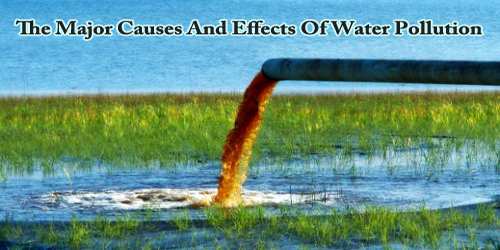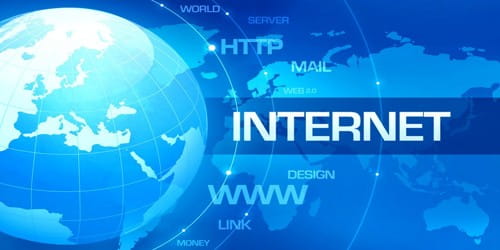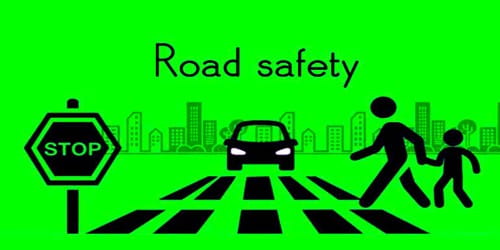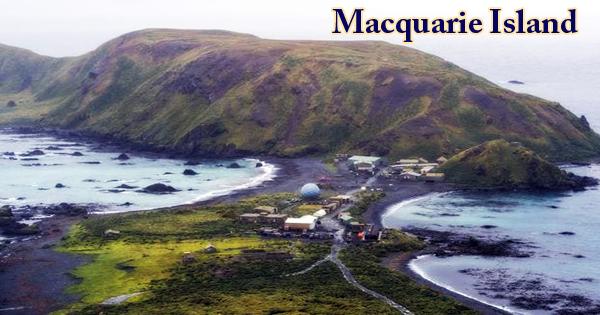Introduction: Water pollution is the contamination of water bodies (like oceans, seas, lakes, rivers, aquifers, and groundwater) usually caused due to human activities. Water pollution is any change in the physical, chemical or biological properties of water that will have a detrimental consequence of any living organism.
Thus, water pollution is all about quantities: how much of a polluting substance is released and how big a volume of water it is released into. A small quantity of a toxic chemical may have little impact if it is spilled into the ocean from a ship. But the same amount of the same chemical can have a much bigger impact pumped into a lake or river, where there is less clean water to disperse it.
Causes of Water Pollution: There are different kinds of reasons of water pollution. The causes of water pollution are described below.
Sewage and Wastewater – Inadequate sewage collection and treatment are sources of water pollution. According to the United Nations, more than 80% of worldwide wastewater goes back in the environment without being treated or reused.
Urbanization and Deforestation – Even though it does not have a direct impact on water quality, urbanization and deforestation have a lot of indirect effects. For instance, cutting down trees and concreting over large areas generates an acceleration of flows which does not give enough time for water to infiltrate and be purified by the ground.
Agriculture – Agriculture has an impact on water pollution due to the use of chemicals such as fertilizers, pesticides, fungicides, herbicides or insecticides running off in the water, as well as livestock excrement, manure and methane (greenhouse effect). Regarding aquaculture, pollution is directly in the water, as excess food and fertilizers are causing dystrophication.
Industries – Industries produce a lot of waste containing toxic chemicals and pollutants. A huge amount of industrial waste is drained in the freshwater which then flows into canals, rivers, and eventually in the sea. Another source of water pollution is the burning of fossil fuels, causing air pollution like acid rain which then flows to streams, lakes, and other stretches of water.
Marine Dumping – Every day, garbage such as plastic, paper, aluminum, food, glass, or rubber are deposited into the sea. These items take weeks to hundreds of years to decompose, and thus they are a major cause for water pollution.
Radioactive Waste – Generated among others by power plants and uranium mining, radioactive waste can linger in the environment for thousands of years. When these substances are released accidentally or disposed of improperly, they threaten groundwater, surface water, as well as marine resources.
Effects of water pollution: There are different kinds of negative and harmful effects of water pollution. The effects of water pollution are described below.
On Human Health – Water pollution has very negative effects on public health. A lot of diseases result from drinking or being in contact with contaminated water, such as diarrhea, cholera, typhoid, dysentery or skin infections. In zones where there is no available drinking water, the main risk is dehydration obviously.
On The Environment – Water pollution truly harms biodiversity and aquatic ecosystems. The toxic chemicals can change the color of water and increase the number of minerals also known as eutrophication which has a bad impact on life in water. Thermal pollution, defined by a rise in the temperature of water bodies, contributes to global warming and causes a serious hazard to water organisms.
Effects the food chain – Disruption in food chains happens when toxins and pollutants in the water are consumed by aquatic animals (fish, shellfish, etc) which are then consumed by humans.
Conclusion: We know that pollution is a human problem because it is a relatively recent development in the planet’s history: before the 19th century Industrial Revolution, people lived more in harmony with their immediate environment. As industrialization has spread around the globe, so the problem of pollution has spread with it. When Earth’s population was much smaller, no one believed pollution would ever present a serious problem. It was once popularly believed that the oceans were far too big to pollute.
There is no easy way to solve water pollution; if there were, it wouldn’t be so much of a problem. Broadly speaking, there are three different things that can help to tackle the problem; education, laws, and economics and they work together as a team. Today, with around 7 billion people on the planet, it has become apparent that there are limits. Pollution is one of the signs that humans have exceeded those limits.
















